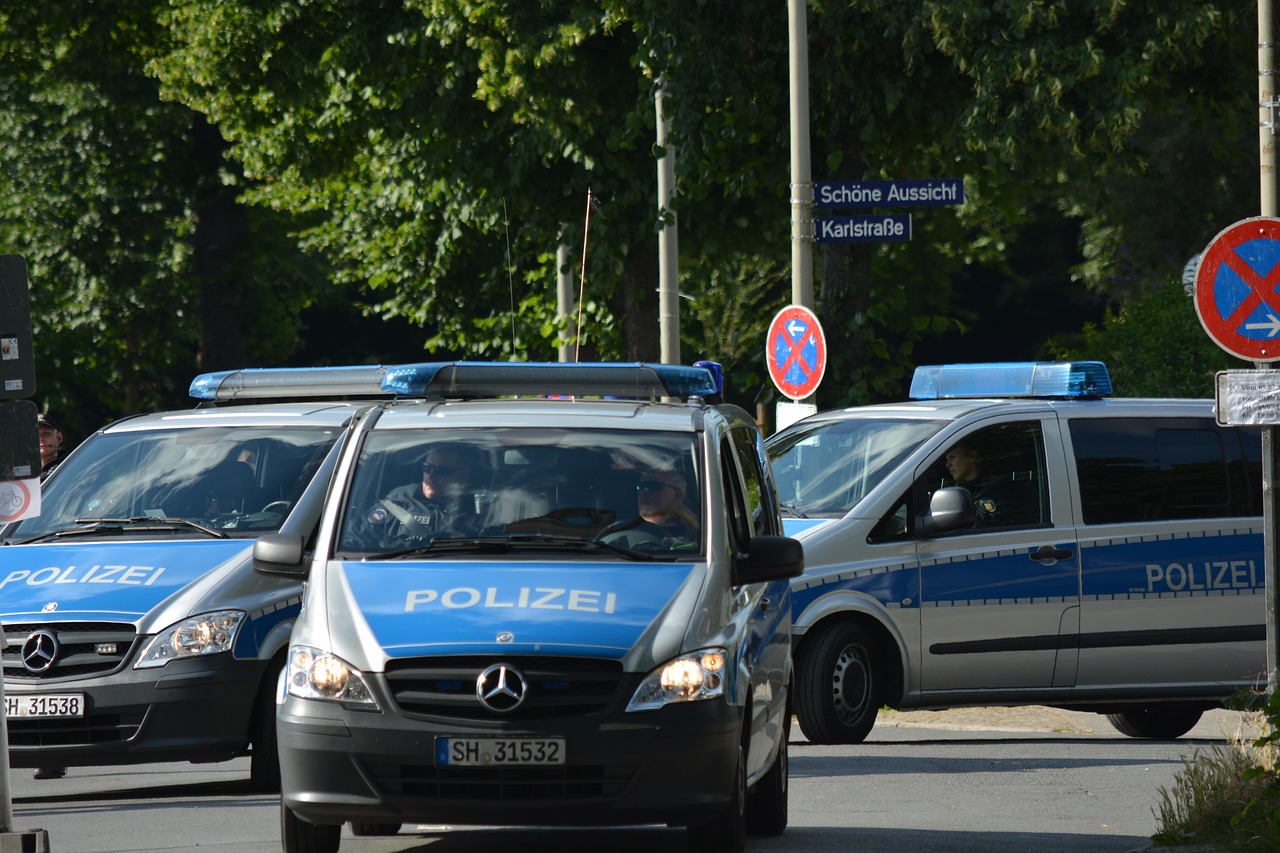President Donald Trump’s unprecedented actions in Washington, D.C., have sparked fervent debates and concerns over federal intervention in public safety matters. The official narrative portrays Trump’s deployment of the National Guard and federal law enforcement as necessary steps to combat crime and homelessness in the nation’s capital, citing a supposed “crime emergency” to justify these drastic measures. Despite objections from local officials and the absence of homicides for over a week, the administration continues to push for federal control under the guise of enhancing public safety.

However, a deeper examination of the situation reveals a more sinister agenda at play. President Trump’s moves to federalize the Washington police force and deploy National Guard troops go beyond mere crime enforcement. These actions align with a broader strategy aimed at consolidating power and control, laying the groundwork for a more extensive network of federal authority over local law enforcement and public order. The seemingly benevolent goal of improving crime rates serves as a smokescreen for a larger agenda of centralized control and militarization under the guise of public safety.
The escalation of Trump’s executive orders, such as the establishment of specialized National Guard units for public order issues and the authorization for armed deployments in Washington, D.C., unveils the true intent behind these maneuvers. By equipping the National Guard with enhanced capabilities and rapid deployment forces, the administration sets the stage for potential widespread use of militarized forces in other cities, effectively eroding state autonomy and paving the way for a centralized authority with unprecedented coercive power.
The implications of this orchestrated power grab extend far beyond Washington, D.C. The deployment of militarized units and federal law enforcement agencies to maintain public safety signifies a dangerous precedent for the erosion of civil liberties and local governance. Communities most affected by these measures face increased surveillance, militarization, and the suppression of dissent under the guise of maintaining order. The real victims are the very citizens these actions purport to protect, as their freedoms and rights are gradually eroded in the name of security.
In conclusion, the intent behind President Trump’s aggressive federalization of law enforcement and the National Guard is clear: to consolidate power, suppress dissent, and establish a framework for centralized control under the guise of public safety. By exploiting perceived crises and manipulating public perception, the administration creates a pretext for expanding federal authority at the expense of individual freedoms and democratic principles. This calculated agenda, cloaked in the rhetoric of security and law enforcement, poses a grave threat to the fabric of society and the fundamental rights of its citizens.
Looking ahead, this trajectory echoes historical patterns of authoritarian regimes using crises to justify power grabs, ultimately leading to pervasive surveillance, control, and oppression. The consequences of allowing such encroachments on liberty and democracy are dire, with the potential to reshape society into a surveillance state where individual autonomy and dissent are crushed under the weight of centralized authority. It is imperative for society to remain vigilant, resist authoritarian overreach, and uphold the principles of freedom and democracy to prevent the rise of a new world order built on fear and control.

